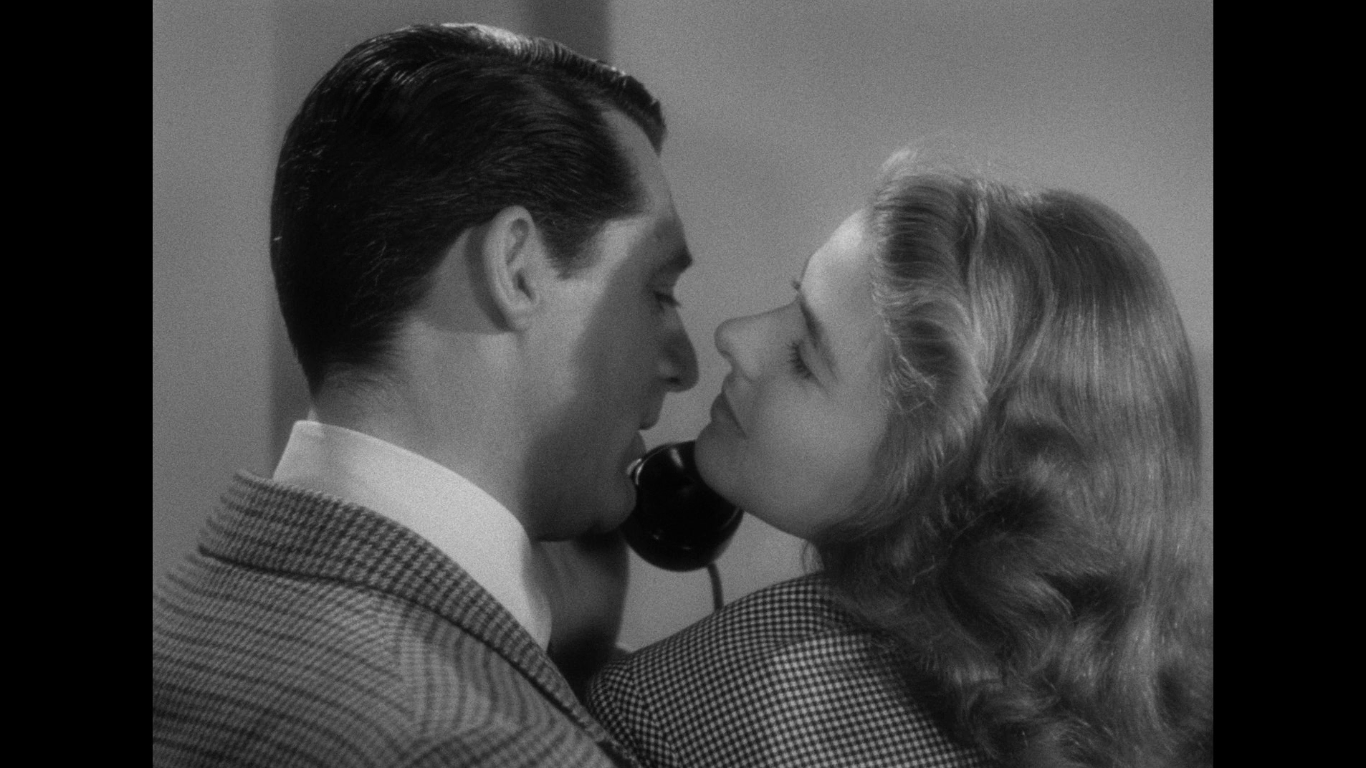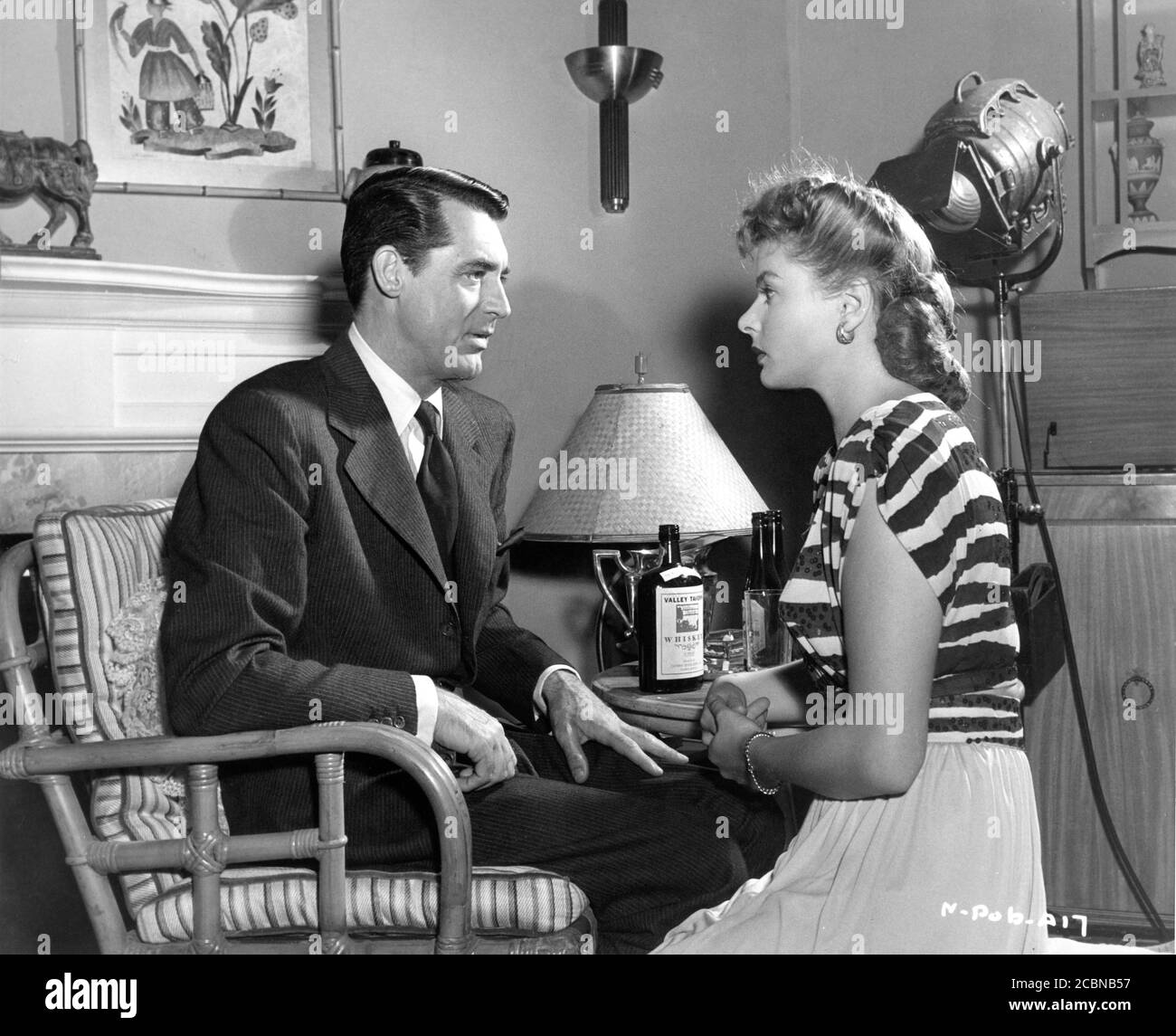

“Yet until now-that is, until the publication of Julien Gorbach’s lively biographical study-Hecht has eluded the grasp of scholarship. “He also operated in so many genres that one life-no matter how colorful, no matter how full-barely seems to have encompassed what he achieved, in journalism, in literature, on the screen, and in polemics,” said noted historian Stephen Whitfield.

#NOTORIOUS SCREENWRITER BEN MOVIE#
Ironically, Hecht’s commercial success, as the author of many movie melodramas, damaged his literary reputation. Pauline Kael, revered film critic for T he New Yorker, credited Hecht with having written half the entertaining films Hollywood ever produced. Julien Gorbach's biography, The Notorious Ben Hecht: Iconoclastic Writer and Military Zionist (Purdue University Press, March 2019), investigates the life and multifaceted character of this storytelling virtuoso and provocateur. Soon afterward, he earned infamy when he embraced the label of Jewish “terrorist” and joined with the gangster Mickey Cohen to smuggle weapons to Palestine in the fight for a Jewish state. As a screenwriter, Hecht defined Hollywood’s Golden Age with scripts that included Scarface, Gone with the Wind, and Notorious.Ī ferocious wit with a genius for spectacle and controversy, Hecht responded to the rise of Hitler with a massive publicity campaign that awoke the American public to the Holocaust. He started as a crime reporter on Chicago's gritty streets before becoming famous as a Broadway playwright with his classic newspaper comedy The Front Page. The Notorious Ben Hecht, a new biography from Purdue University Press, is theįIRST Extensive bio of Hecht, who defined his age and is again new in our time.īen Hecht is Hollywood’s most legendary screenwriter, but he is arguably more significant as the man who shattered the American media silence about the Nazi slaughter of European Jews. Suggesting that Hecht’s self-conscious persona as a “tough Jew” equally shaped his literary output and political ideology, Gorbach leaves readers with a richly provocative and original take on an influential writer.

This sheer output came to be seen by critics as a sign of his “shallowness and dissolute talent.” While Gorbach feels Hecht’s literary legacy is overdue for reevaluation, he admits a troubling shadow is cast by some of Hecht’s political activities, including his public advocacy of reprisals against the British soldiers occupying what was then known as Palestine. In Hollywood, Hecht was astoundingly productive (of his more than 60 screenplays, “over half were written in two weeks or less”). Gorbach argues that the seeds of Hecht’s success lay in his experiences as a reporter in 1910s and ’20s Chicago, which informed his cynical worldview and much of his best-known work, including the 1928 Broadway smash The Front Page and the 1932 film Scarface. This meticulously researched biography from Gorbach, an assistant communications professor at the University of Hawaii at Manoa, focuses on two aspects of writer Ben Hecht (1894–1964): his remarkable versatility-he produced journalism, novels, criticism, screenplays, plays, and memoirs-and his vocal support, prior to Israel’s founding, for a Jewish homeland.


 0 kommentar(er)
0 kommentar(er)
